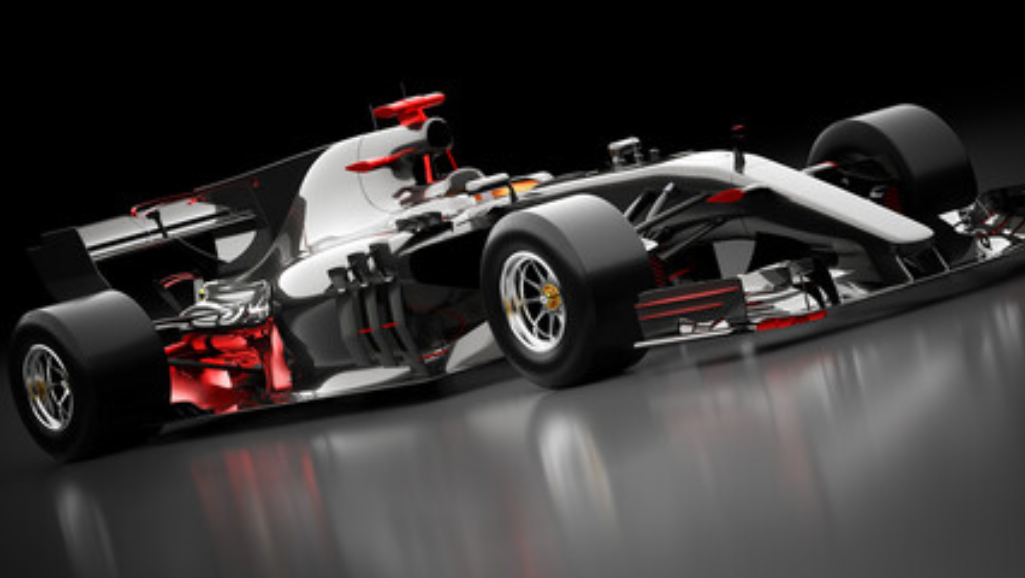Do you ever wonder what type of play your child is engaging in when they use blocks to build race tracks for their toy cars? In this article, we will explore the benefits of block play and the cognitive skills developed through this type of play. By understanding the type of play Noah is engaging in, you can gain insight into the educational value and growth opportunities that come from this creative and imaginative activity. So, let’s dive in and discover the wonders of block play!
Benefits of Block Play
Block play provides numerous cognitive and motor skill development opportunities for children. When children engage in block play, they are not only having fun, but they are also exercising their brains and bodies in various ways. One of the key benefits of block play is the promotion of creativity and imagination. As children build structures with blocks, they are using their minds to envision and create something unique. They can transform a pile of blocks into a tall tower, a castle, or even a spaceship. This type of play encourages children to think outside the box and explore their imagination.
Additionally, block play also contributes to social and emotional development. When children engage in block play together, they learn to cooperate, communicate, and negotiate with their peers. They share ideas, take turns, and solve problems as a team. This not only strengthens their social skills but also helps them develop empathy and understanding.
Moreover, block play allows children to express their emotions and build confidence. They can experiment with different structures, take risks, and learn from their mistakes. This process helps them gain a sense of accomplishment and boosts their self-esteem.
Cognitive Skills Developed Through Block Play
By using blocks to construct a long race track for his toy cars, Noah is engaging in a form of play that develops cognitive skills. Building with blocks not only provides endless hours of entertainment, but it also helps children develop important cognitive abilities.
One of the key cognitive skills that block play enhances is problem solving. As Noah constructs his race track, he must think critically about how to arrange the blocks to create a track that is both functional and exciting. He may encounter challenges along the way, such as fitting the pieces together or finding the right balance for ramps and loops. By experimenting and making adjustments, Noah is exercising his problem solving abilities and learning how to overcome obstacles.
Block play also promotes spatial awareness and geometry skills. As Noah arranges the blocks to create his race track, he is developing an understanding of shapes, sizes, and proportions. He must consider how the blocks fit together, how they can be stacked or connected, and how they can be arranged to form different structures. This spatial awareness and knowledge of geometry will serve Noah well in various areas of his life, such as math and engineering.
Understanding the Type of Play Noah Is Engaging in
To understand the type of play Noah is engaging in, consider the creative process he goes through when using blocks to build a long race track for his toy cars. Noah is participating in imaginative play, which is a crucial aspect of child development. Through this type of play, children are able to explore their imagination, develop problem-solving skills, and enhance their cognitive abilities.
Imaginative play allows children to create their own worlds and scenarios, fostering creativity and encouraging them to think outside the box. By using blocks to construct a race track, Noah is not only engaging in the physical act of building but also using his imagination to envision a race and the various obstacles and challenges that may arise.
Open-ended toys like blocks are particularly beneficial for promoting creativity in children. Unlike toys with specific purposes or limited possibilities, open-ended toys provide endless opportunities for exploration and experimentation. This allows children to take control of their playtime and use their imagination to transform ordinary objects into something extraordinary.
By engaging in imaginative play with blocks, Noah is not only having fun but also developing important cognitive skills. This type of play encourages critical thinking, problem-solving, and spatial awareness. It also helps children develop social skills as they interact with others through role-playing and storytelling.


